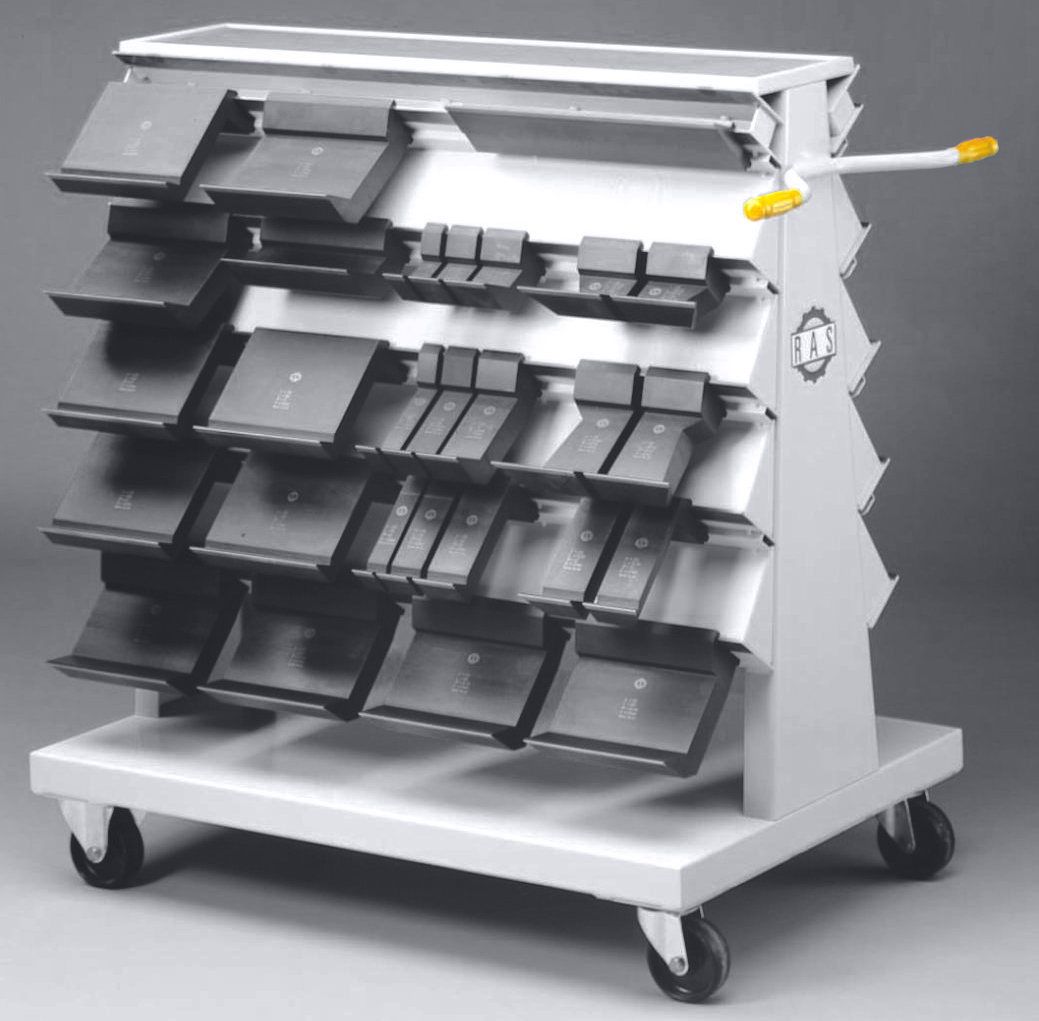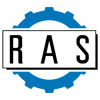Is your metal fabrication business focused on efficiency and safety? If so, CNC folding machines may be right for you. CNC folding is a precision-driven fabrication process that automates the bending of sheet metal using software systems. Unlike manual bending or traditional press brakes, CNC folding machines secure the material in place and use a programmable folding beam to perform precise bends. This can help you achieve higher accuracy, increased throughput, and a safer, more ergonomic working environment. In this guide, we’ll break down how CNC folding works, explore its key advantages, and highlight where it shines compared to conventional bending methods.
How Do CNC Machines Work?
CNC folding involves clamping a sheet of metal and bending it around a predefined axis using a computer-programmed folding beam. The “CNC” component (Computer Numerical Control) means that every movement is precisely calculated in advance: the angle, direction, and sequence of bends are preloaded into the machine’s software, ensuring consistent results with minimal operator input.
The three key components of a CNC folder include:
- Clamping Beam: Holds the sheet metal firmly in place during bending.
- Folding Beam: Up/down to create bends based on programmed specifications.
- CNC Controller: The digital brain that drives motion, angle control, and sequencing.
Because the material stays flat and only the beam moves, CNC folding machines allow for tighter tolerances, fewer part errors, and faster cycle times.
How Does CNC Folding Compare to Press Brakes?
If your business is considering switching to a CNC folding machine from a traditional press brake, there are a couple of factors to keep in mind. While both methods bend metal, the mechanics vary:
- Press Brakes rely on forcing the metal between two dies, which demands higher skill, setup time, and operator involvement.
- CNC folding machines, on the other hand, bend the material around the tooling, without moving the sheet, making them more ergonomic and repeatable.
CNC folders also allow for up/down bends, which is particularly advantageous for fabricators producing complex geometries, thin materials, or various part runs.
The Advantages of CNC Folding
For fabrication businesses of any size, the CNC folding process brings several benefits. This is particularly important for businesses looking to modernize their fabrication processes.
1. Boosted Speed and Efficiency
Saving time and money on every job is the name of the game. At RAS Systems, our selection of folding machines can help you perform jobs as much as three times faster than comparable press brakes.

2. Accuracy and Consistency
CNC folding allows your team to precisely calculate every fold, reducing manual error and improving downstream operations as well.
3. Improved Operator Safety
With minimal manual handling and ergonomic operation, CNC folding machines reduce the risk of repetitive strain injuries and shop floor accidents.
4. Reduced Labor Requirements
CNC folding can help your operators unlock more time to focus on other jobs. Additionally, because operators don’t need to manually adjust tooling or manage each bend, training times can be shorter and workflows less labor-intensive.
5. Flexibility in Production
Whether you’re running batch production or kits, CNC folding machines can adapt easily to changing production needs as your business expands.
How CNC Folding Shines Across Different Sectors
CNC folding machines are widely used across industries where accuracy, speed, and part repeatability are essential. So, how might that look in your industry?
- HVAC: CNC folding machines can help you achieve consistent ductwork with minimal need for rework.
- Electrical Enclosures: Are clean, precise bends crucial? CNC folding can help you better meet functionality needs.
- Data Centers: Where the needs for high-volume, high-quality production are critical, CNC folding’s automation is a big difference maker.
- Architecture: CNC folding machines can help you produce aesthetically pleasing sheet metal bends for projects in roofing, facades, and more.

RAS Systems: Simplifying Every Fabrication Job
Looking to transform your metal fabrication business? It’s time to ditch the press brakes and put it on a RAS. Whether your team is bending, cutting, or forming metal, our industry-leading, German-engineered fabrication machines take your productivity to the next level. On top of this, our innovative software programs are designed and optimized for every machine, allowing you to create 2D or 3D models of any part you’d like to fabricate. To learn more about which machines might be right for your business, contact our team today. We stand by our machines and offer dedicated service plans to ensure they operate at full capacity for as long as possible.
FAQs
What is CNC folding?
CNC folding is an automated metal bending process where a computer-controlled folding beam creates precise bends in sheet metal while the material remains stationary.
What does “CNC” stand for?
CNC stands for Computer Numerical Control—referring to a fabrication system where machines are directed by pre-programmed computer software to perform tasks like cutting and bending.
What is the point of CNC?
The purpose of CNC folding is to automate complex manufacturing processes for greater accuracy, repeatability, and efficiency.
Does CNC folding work for small production runs?
Yes. With quick programming and setup, CNC folding machines are excellent for short runs and varied parts—especially when paired with user-friendly bending software.

Recent Comments